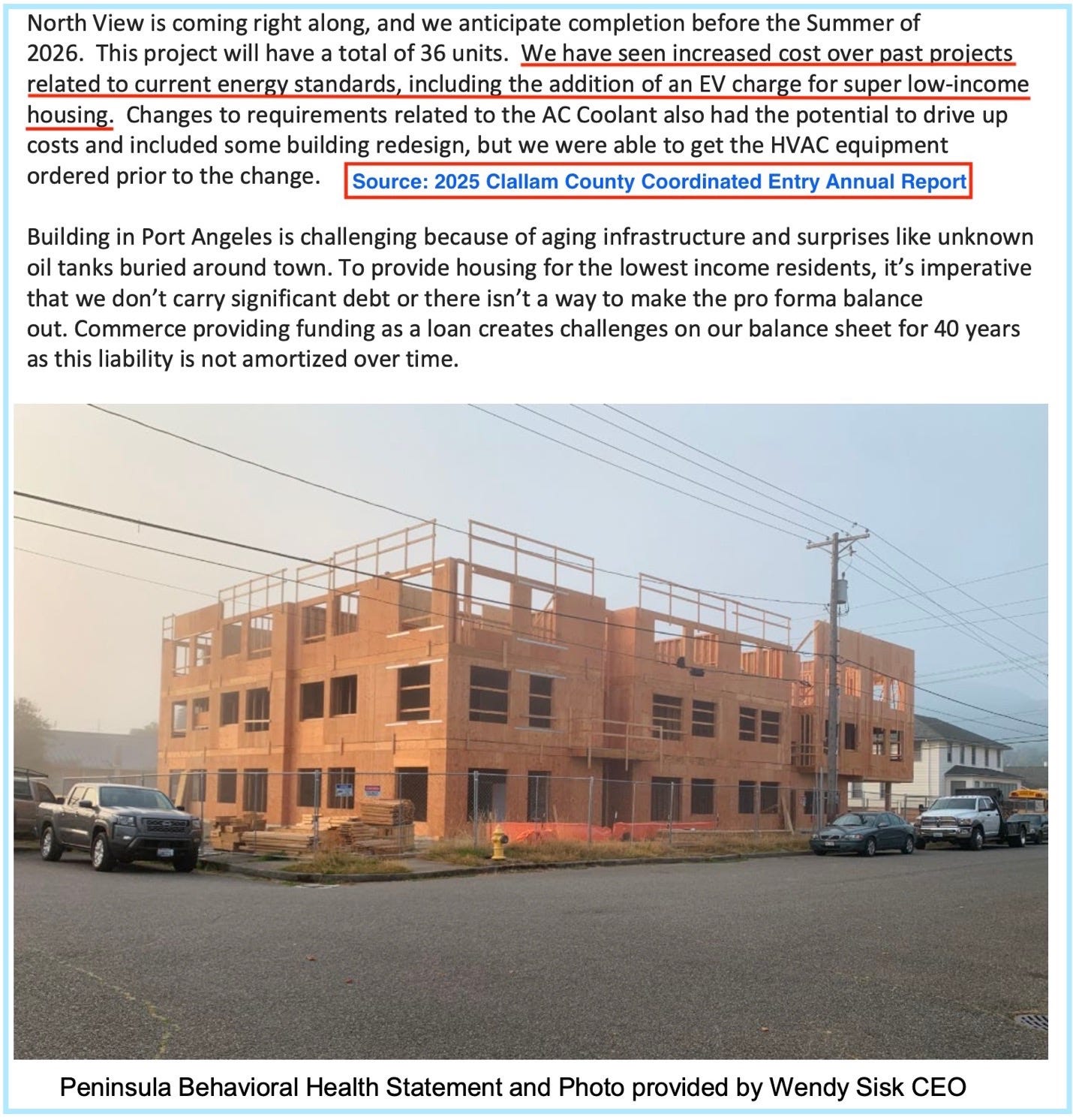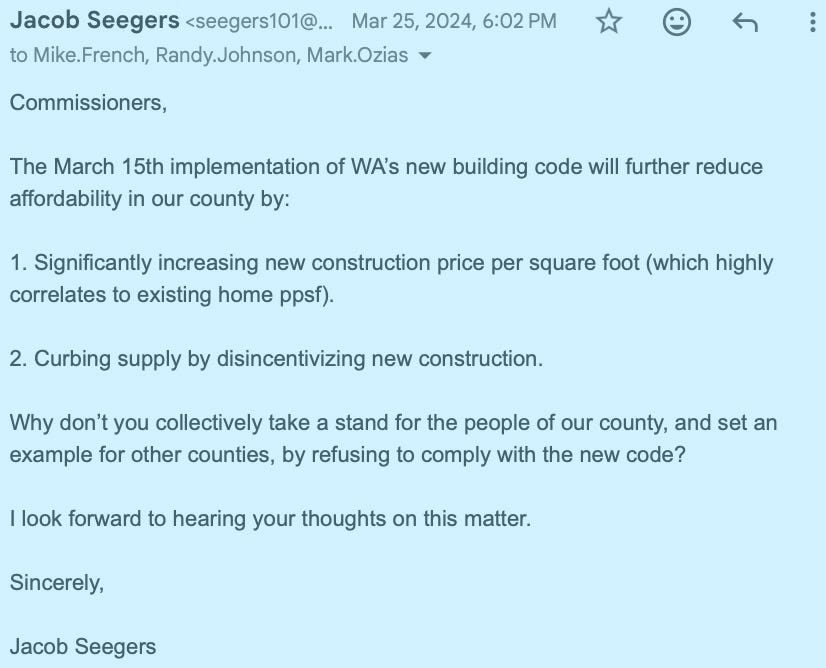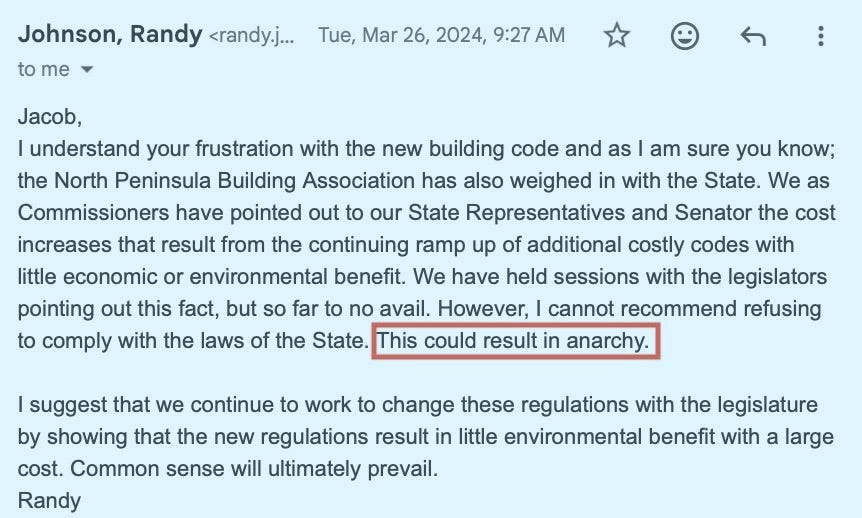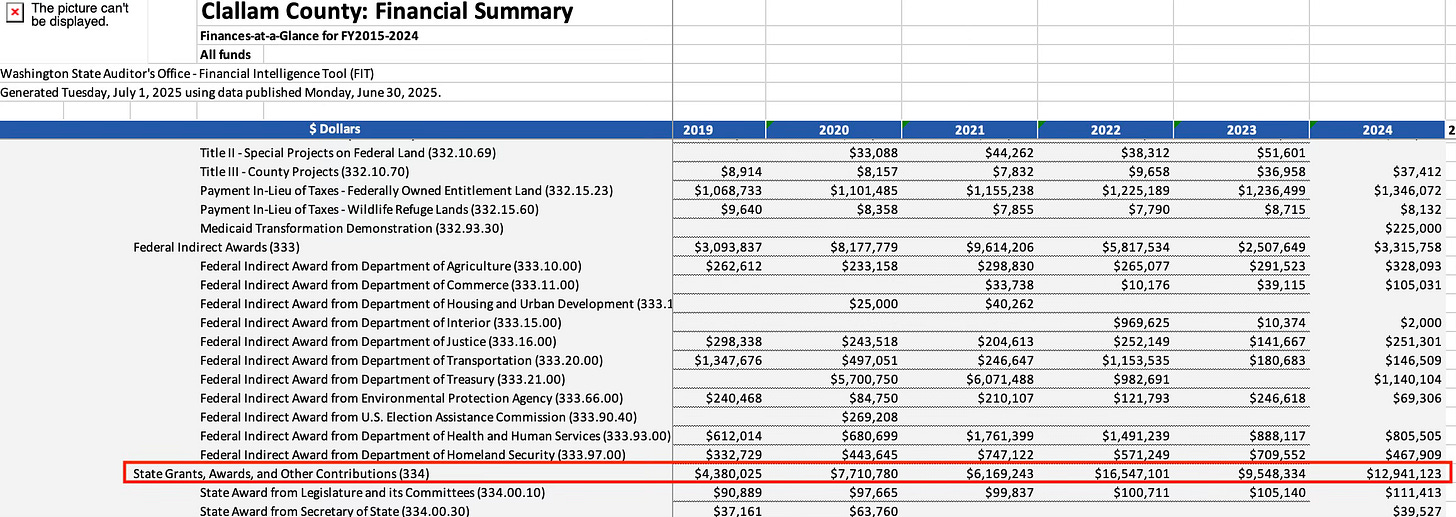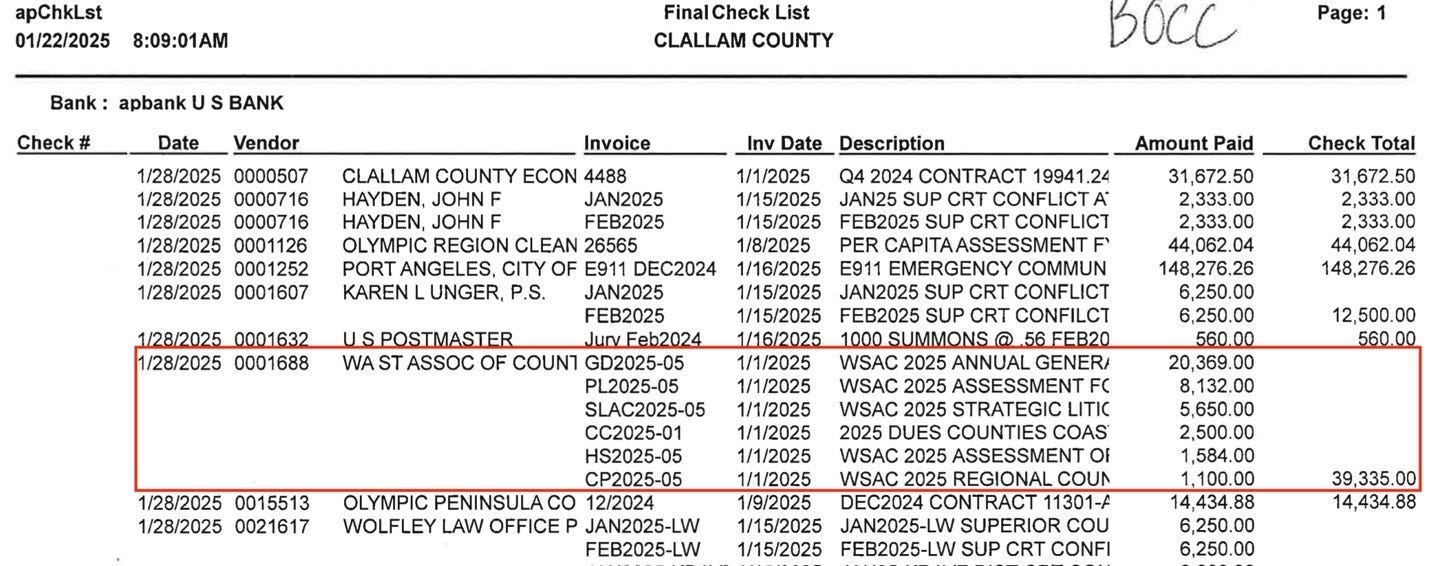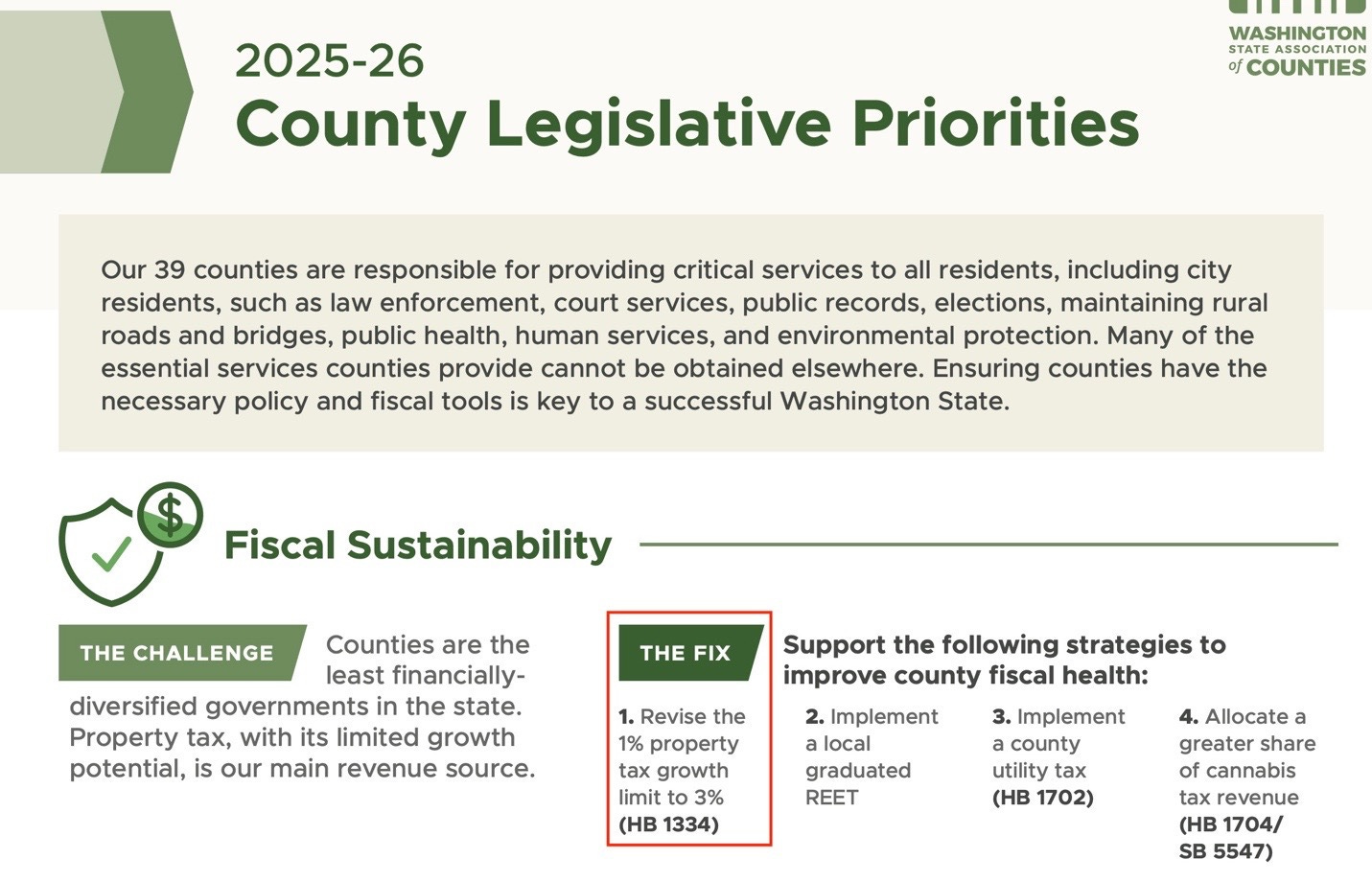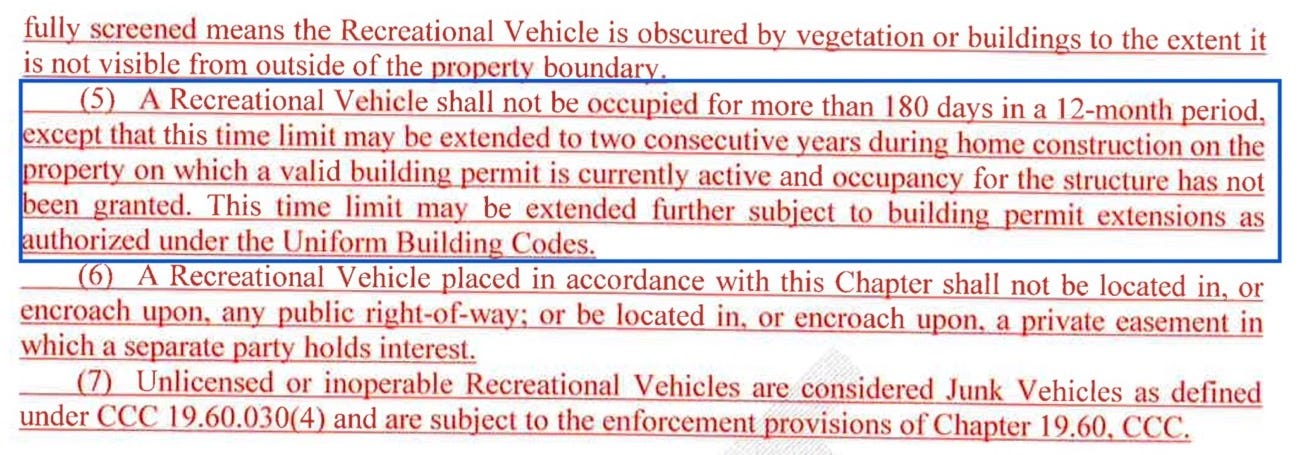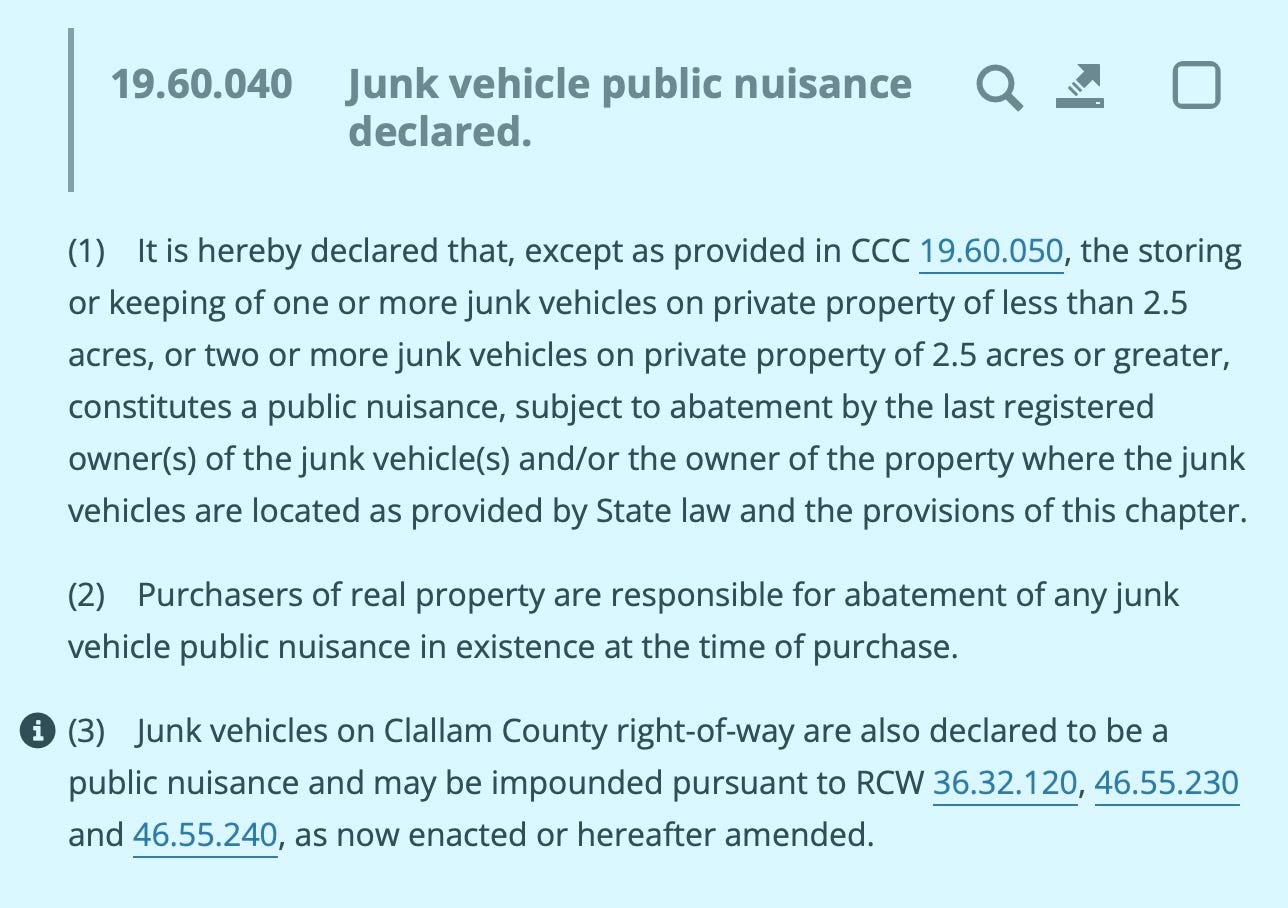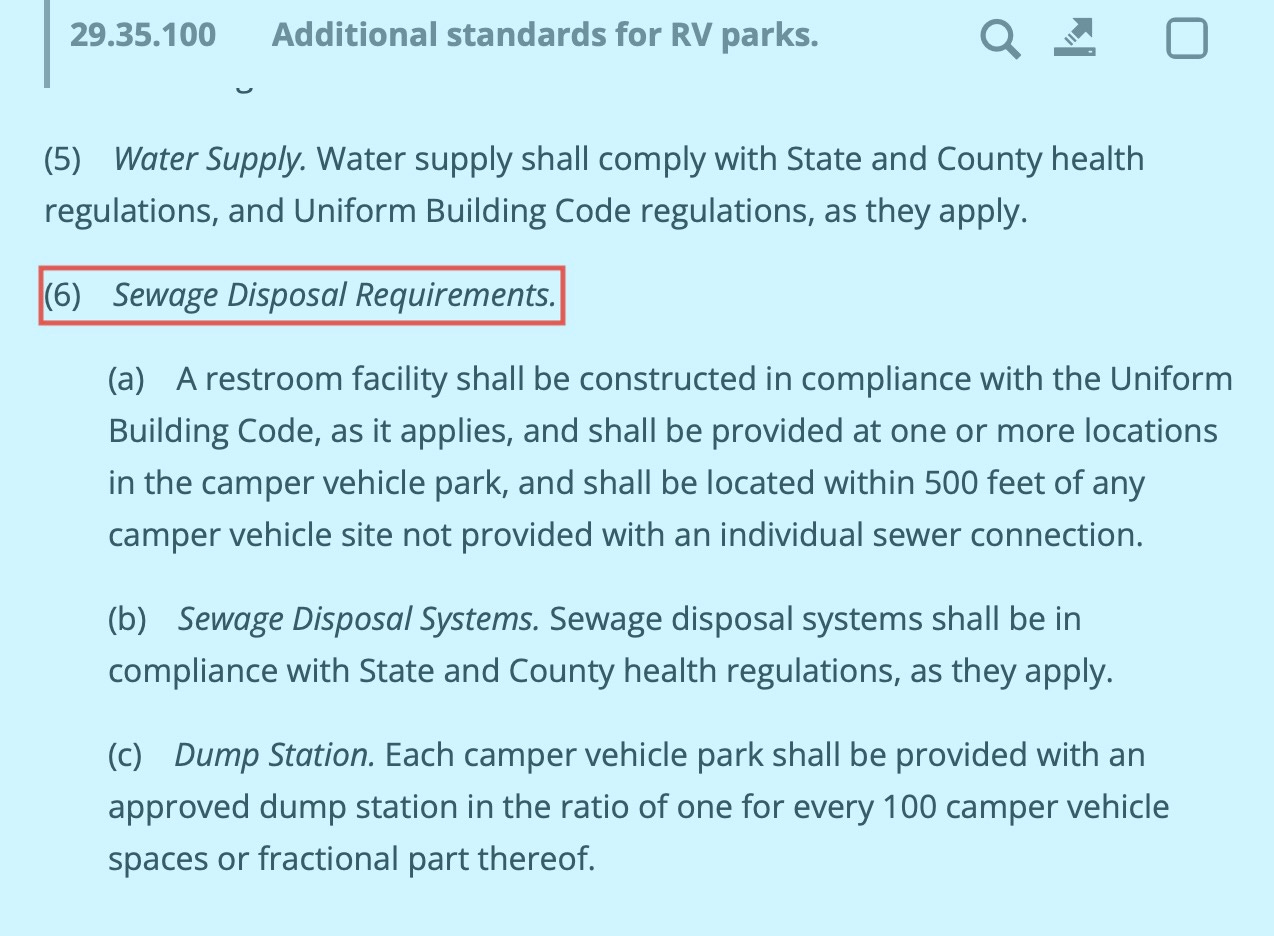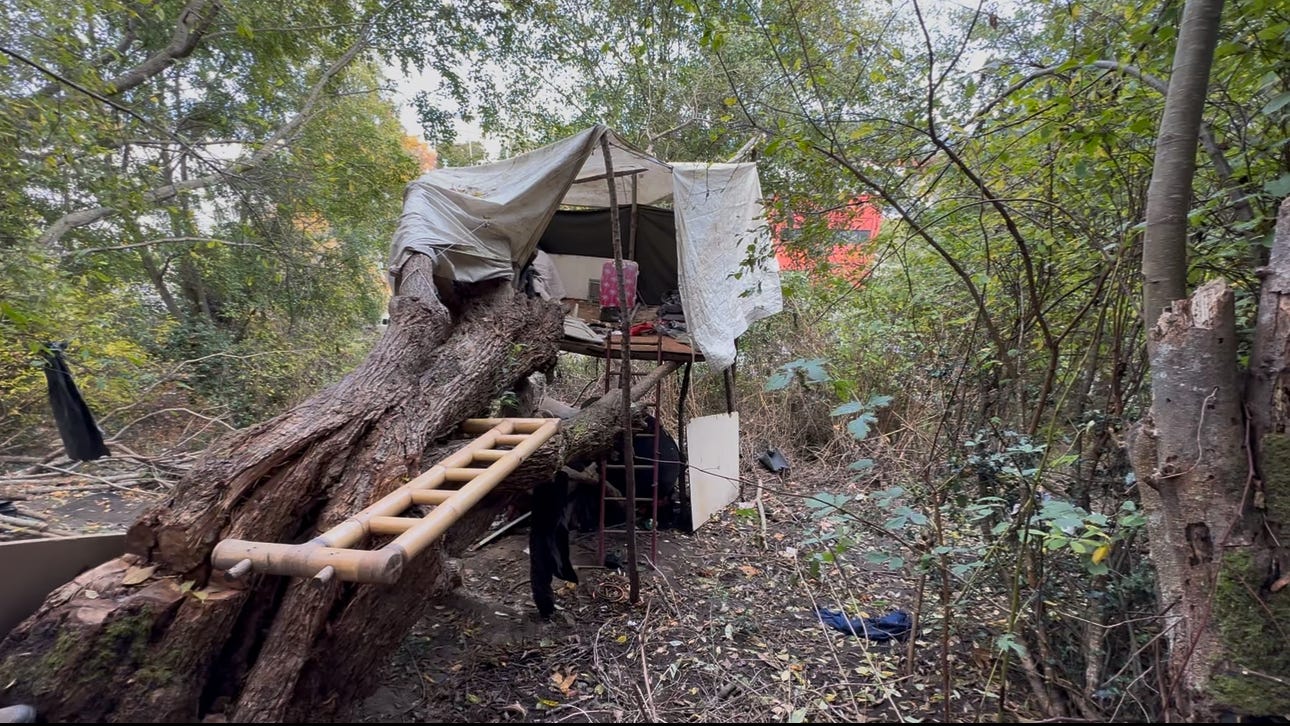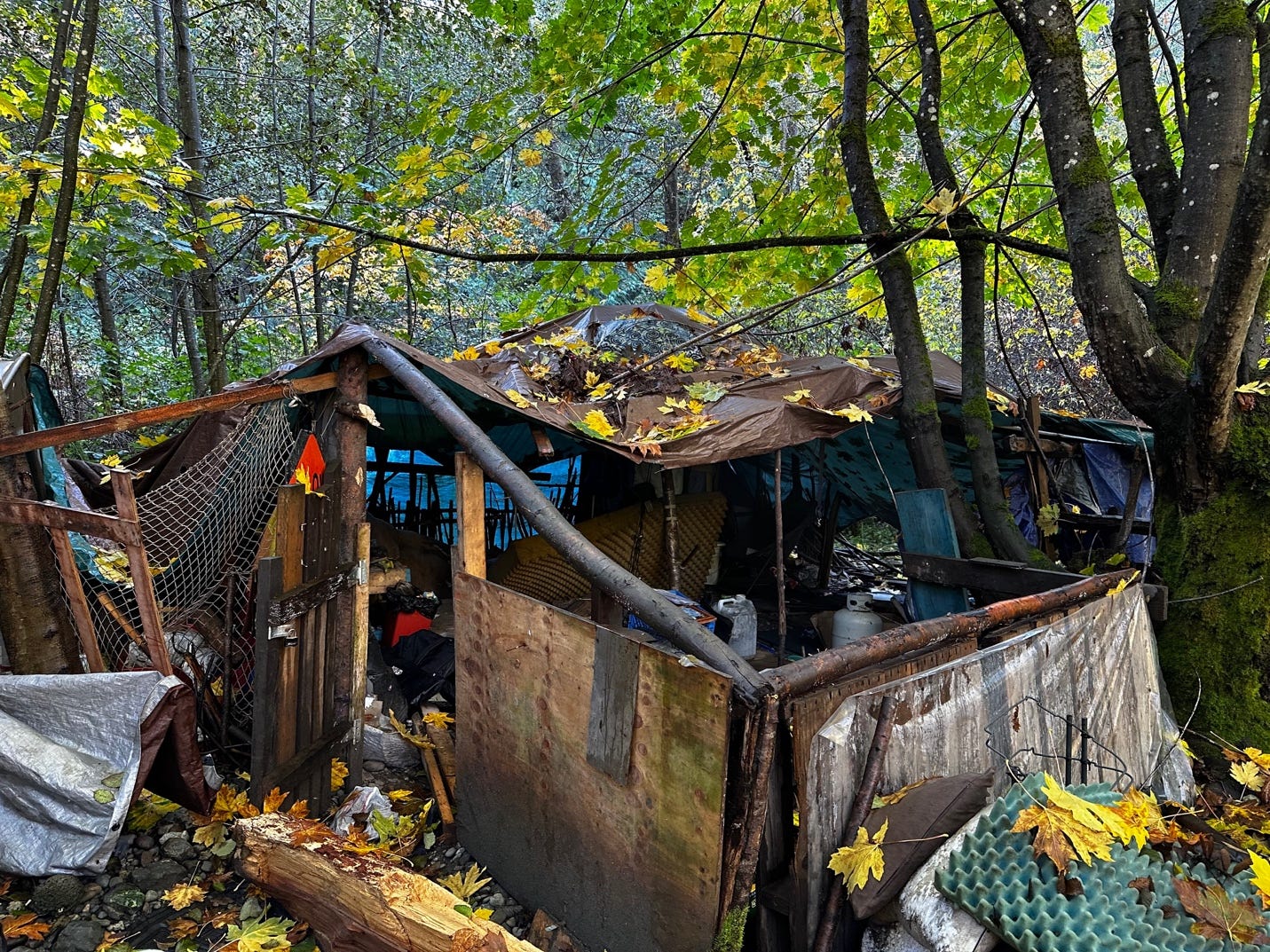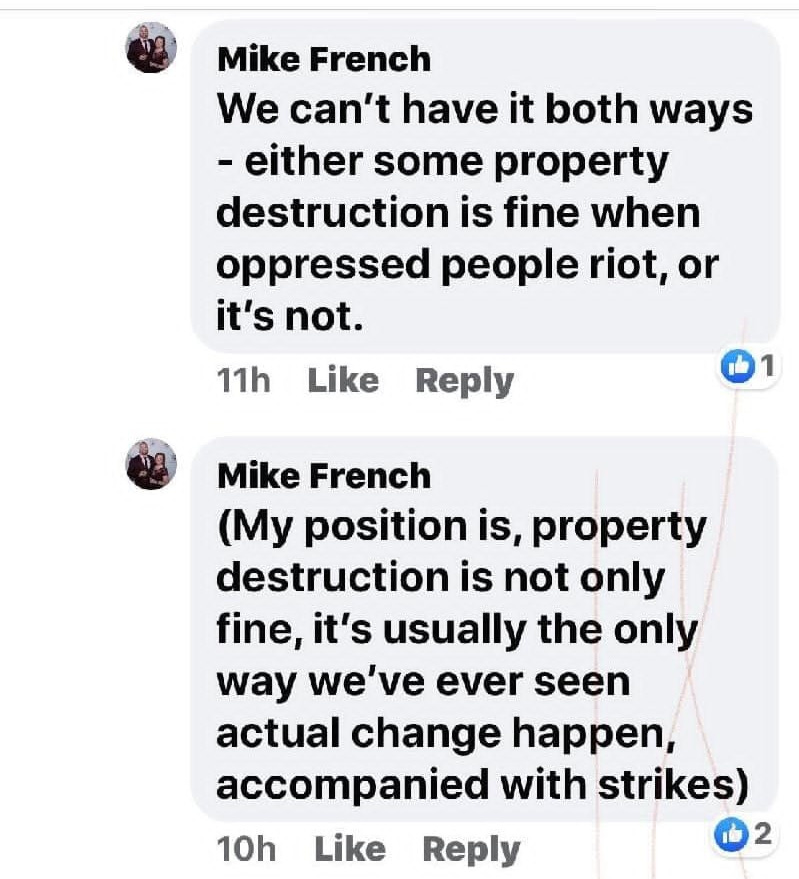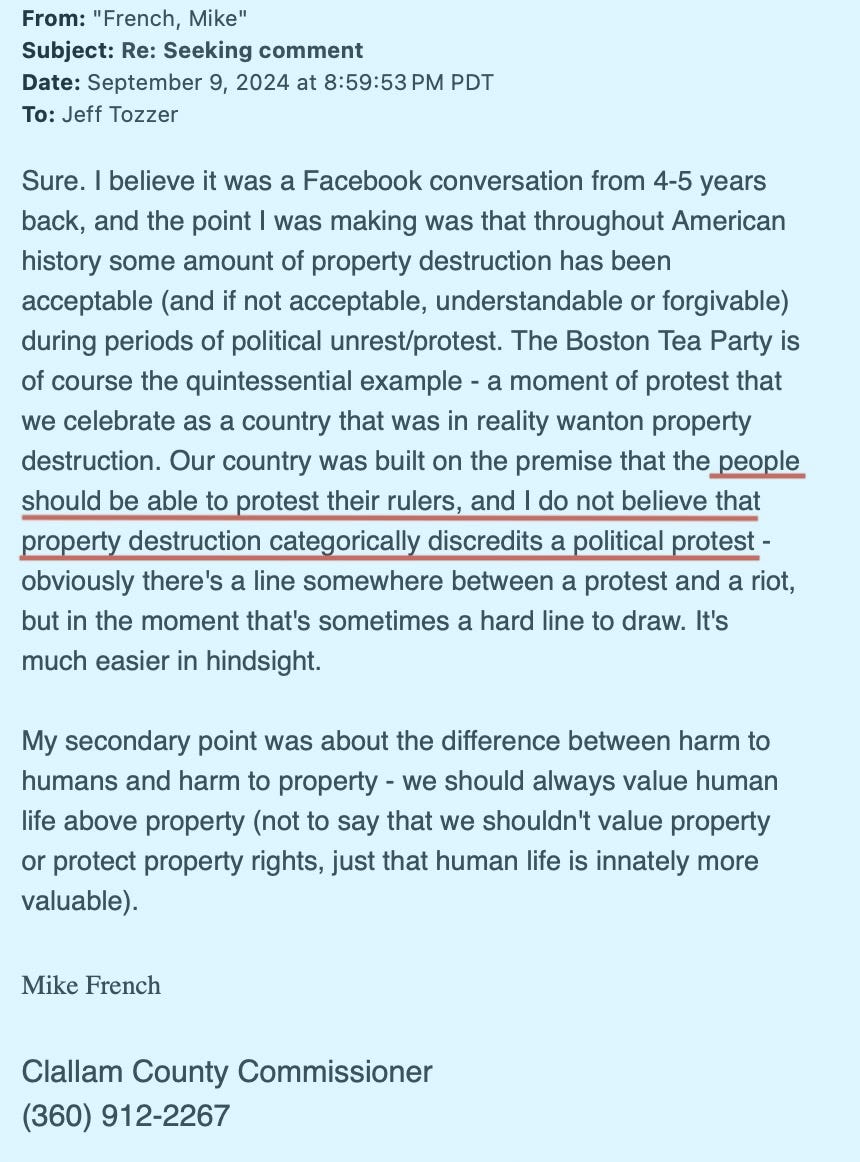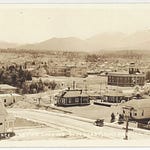This week, Jake Seegers exposes how Clallam County’s commissioners have chosen compliance over courage — enforcing costly state building codes that push working families out of the market, while quietly excusing their own departments’ failure to follow state law. From energy mandates pricing out homebuilders to new restrictions on RV living, Seegers lays out how bureaucracy, not “anarchy,” is destroying Clallam County’s housing future.
By Jake Seegers
State Codes, Local Consequences
At an October 7, 2025, meeting of the Clallam County Homelessness Task Force, Department of Community Development Director Bruce Emery acknowledged what many local builders and property owners already know: Washington’s regulatory structure is making homes unaffordable.
“The regulatory structure we have via the building codes have worked toward adding costs and therefore outpricing a lot of people…one of the things that comes to my mind is the energy code…how do you get something that meets those standards that can be utilized in an economically viable way?”
These same energy codes have helped drive the cost of Peninsula Behavioral Health’s North View 36-unit apartment project to an astounding $354,000 per unit.
PBH CEO Wendy Sisk confirmed the link between building codes and escalating cost:
“We have increased cost over past projects related to current energy standards, including the addition of an EV charge for super low-income housing.”
The Cost of Compliance
In March 2024, the Commissioners were asked to stand up for Clallam County’s housing affordability by pushing back against Washington’s new building codes — mandates that continue to inflate construction costs and deepen the local housing crisis.
Commissioner Randy Johnson acknowledged that the new building codes continue to add significant costs “with little economic or environmental benefit,” noting that the North Peninsula Building Association had already raised concerns with the state. Ultimately, however, Johnson declined to support taking a decisive stand against the state mandates, warning that doing so “could result in anarchy.”
For residents struggling to afford housing, having elected leaders take a stand isn’t anarchy; it’s representation.
Precedent for Noncompliance
Elected leaders taking a stance against mandates that harm their constituents is not without precedent. Even Governor Bob Ferguson has defied federal directives when he believed they would negatively impact Washingtonians — refusing to enforce presidential executive orders on immigration.
Similarly, the commissioners are aware of county departments that fail to conform to state requirements.
During the October 10 budget meeting with County Assessor Pam Rushton, commissioners showed little concern as Rushton openly admitted her office is out of compliance with several state mandates — including the verification of senior tax exemptions, valuation of personal property, and auditing of land-use classifications.
Commissioner Mark Ozias sympathized:
“I understand. You can only juggle so many things, and that’s just realistic.”
When the topic turned to personal property, Rushton spoke candidly:
“I’m going to be honest with you. I’m thinking about making the change on my own… We don’t have the people to maintain those… I don’t know how else to get our work done. We’ve got to start cutting things.”
Her frustration mirrors that of citizens forced to choose between compliance and survival.
At a recent Budget Town Hall in Forks, homebuilder Jason Huling summed it up bluntly:
“I build houses — literally build the thing that makes the property tax revenue for you. I will not build in Clallam County at all. Never, ever, ever. I suggest you start firing them. Fire the building department. Start there.”
Following the Money
Why wouldn’t the commissioners advocate for relief from state mandates that are pricing out residents? Perhaps the answer lies in the county’s funding sources.
County dependence on state grant funding has ballooned from $4.4 million in 2019 to nearly $13 million in 2024.
The risk of losing these grant dollars could explain the commissioners’ unwillingness to challenge Olympia.
But rural counties across Washington—many struggling under the same unnecessary and punitive regulations—could have joined Clallam had our commissioners chosen to lead the fight against the new building codes.
In fact, such a stance would have been a powerful use of Clallam County’s membership in the Washington State Association of Counties (WSAC), for which the County paid $40,000 in voluntary dues and fees in January 2025.
Instead, WSAC vice-president Mark Ozias embraced WSAC’s 2025-26 legislative priorities — including support for higher county tax collections without voter approval.
Affordable Housing - The Final Frontier
At the upcoming November 10 Board of Commissioners meeting [Note: this is currently awaiting rescheduling on the county website], commissioners will consider a proposal from the Department of Community Development (DCD) introducing new ordinances for recreational vehicles, park models, tiny homes, and accessory dwelling units (ADUs).
In several key areas, the DCD’s proposed ordinances are more restrictive than existing Washington State law. Most notably, DCD is seeking to impose a 180-day limit on RV living per year in Clallam County. Although an exception exists for property owners actively building a permitted home, this limitation jeopardizes one of the last truly affordable housing options available to local property owners.
DCD Director Bruce Emery says the intent is to address unsanctioned RV camps, trash, and sewage concerns.
Yet, the existing Clallam County Code (CCC) already provides enforcement tools:
CCC 19.60 governs junk vehicles and abatement on public and private property.
CCC 29.35.100 defines water-supply and sewage-disposal requirements for RV parks.
Both the Sequim and Port Angeles Realtor Associations acknowledged the need to address nuisance sites while defending the RV as a crucial lifeline:
“We’re against RV camps with surfacing sewage [and] garbage… But we also support allowing a property owner to have an RV on their property where someone can live 365 days a year… So many of these people would be living in their cars or a tent if the RV wasn’t there.”
Emery has offered no data showing that full-time RV living has produced fires, structural failures, or health crises that justify such a sweeping restriction.
Why add new limits when even commissioners admit that state building codes already make housing almost impossible to build affordably?
More Ordinances, More Enforcement
New rules bring new bureaucracy.
The County’s DCD recently added a full-time code-enforcement officer in February 2025 and a part-time officer in August.
Code Enforcement Manager Diane Harvey told commissioners:
“This job is about being persuasive… to really impress upon people that it’s better to comply… We will be doing as much as we can to be aggressive in going after real-time violation.”
Her tools of persuasion include fines, liens, collections, and the threat of foreclosure. It is a reasonable assumption that Code Enforcement will also have access to the Assessor’s EagleView and Cyclomedia aerial and street-view surveillance technology.
Commissioner Randy Johnson was impressed:
“I would think a lien on my property would motivate me to do something.”
Commissioner Mike French added:
“The basis of property rights is productive use, so if people are not using their property productively - when they are harming the productive use of adjacent properties - I really hope that we are using those tools that are available to us, that are legal, so that we gain the most leverage that we can to ensure people are not being destructive to their property or harming the productive use of an adjacent property.”
In essence, Commissioner French argues that the county has the authority to determine what constitutes “productive use” of private property — and to intervene when officials deem a landowner’s use of their property as unproductive or harmful to neighboring lands.
Public-Land Hypocrisy
While the county moves to ramp up enforcement of regulations and prosecutions against local property owners, existing rules on camping, trespass, and unsafe shelters on county and municipal land go largely unenforced.
One striking example in Port Angeles rises from the bluff between Country Aire’s parking lot and the homes above — a two-story structure fashioned from a fallen cedar, its branches bound together to form a precarious platform now looming over the hillside.
With this double standard, Clallam County and its cities are failing to uphold Commissioner French’s own stated principle: that government must “safeguard the productive use of property.” By neglecting enforcement on public land, commissioners and city leaders are undermining the productive use of adjacent private property and exposing nearby residents to growing environmental and safety risks.
A Double Standard
When citizens urge their commissioners to defy affordability-killing building codes, they’re warned that doing so could lead to “anarchy.”
Yet noncompliance with state mandates within county departments — and the tolerance of perilous structures and environmental hazards on public land — go unaddressed, even as Commissioner French has publicly defended protests, including property destruction, in response to punitive laws and lawmakers.
In a 2024 email, Commissioner French defended his stance on property destruction during times of “political unrest/protest,” writing:
“…people should be able to protest their rulers, and I do not believe that property destruction categorically discredits a political protest…”
The irony is hard to miss. Clallam County residents are left only with the destruction — of property values, of trust, and of opportunity — while their commissioners refuse to “protest their rulers” or challenge the state mandates now strangling the local economy and worsening the housing crisis.
What you can do
The people of Clallam County are not asking for anarchy. They are asking for representation — from commissioners willing to stand up to the state and put working families ahead of bureaucratic compliance.
When the government enforces rules on its citizens but exempts itself from the same standard, it erodes the very trust it claims to protect. It’s time for Clallam’s elected officials to choose: serve Olympia, or represent the people who elected them.
Here’s what you can do:
Reject the Levy Lift: demand representation, not more regulation and penalties, before the commissioners receive another penny. Don’t mail your ballot — due to USPS delays, it’s better to drop it off at a ballot drop box.
Write the commissioners - voice your opinion about the proposed 180-day cap on RV living.
Ask the commissioners to clean up their own backyard before fining you for yours.
All three county commissioners can be reached by emailing the Clerk of the Board at loni.gores@clallamcountywa.gov.
Last week, Jake Seegers asked readers which non-essential expense the commissioners should cut first. Of 168 votes:
49% said, “Pay raises”
38% said, “Dues to lobbying groups/NGO’s
13% said, “Harm reduction pizza”
1% said, “Weed control PR campaigns”



